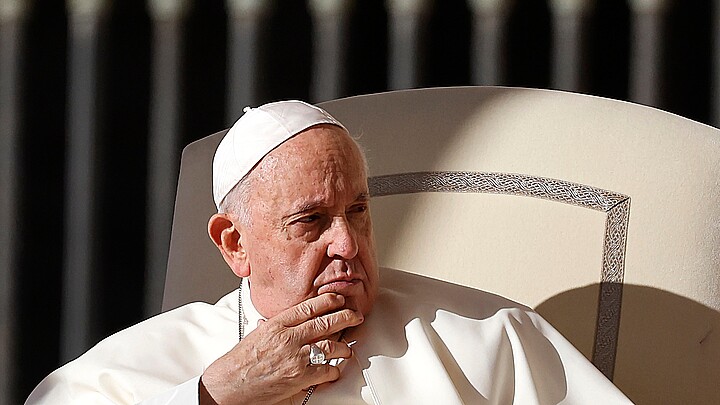Politics
These EU countries are still importing Russian energy
While countries like Australia, Britain, Canada and the United States have imposed total bans on Russian oil purchases, the EU’s 27 member countries have been unable to reach a compromise
May 2, 2022 12:53pm
Updated: May 2, 2022 2:23pm
Since Russian President Vladimir Putin first announced the invasion of Ukraine on Feb. 24, Western countries have moved to sanction Moscow with increasingly stringent sanctions meant to cripple the Russian economy.
On Monday, EU officials announced that the bloc will move to fully ban Russian oil by the end of the year as part of a sixth sanctions package and will push for even more Russian and Belarusian banks to be cut off from SWIFT, the international payments system, Bloomberg reported.
However, while countries like Australia, Britain, Canada and the United States have imposed total bans on Russian oil purchases, the EU’s 27 member countries have been unable to reach a compromise.
Germany – Europe’s largest economy – has said it will be prepared to implement a full embargo on Russian oil imports by the end of the year but warned a stoppage could ultimately result in shortages, DW reported.
Hungary, on the other hand, has voiced firm opposing to the move and said it would oppose any EU embargo on oil from Moscow.
Still, many refiners in Europe have voluntarily stopped buying Russian energy – or have promised to do so upon the expiration of their standing contracts.
For many, however, it’s business as usual. Take a look at the list below (compiled by Reuters) to learn which European companies still have ties to Russian state-run oil firms.
Bulgaria: Neftochim Burgas
Neftochim Burgas, owned by Russia’s Lukoil, currently imports about 60% of its crude from Russia, continues to refine Russian crude.
Germany: LEUNA, MIRO, PCK Schwedt
Although LEUNA receives minimal amounts of Russian energy exports, both MIRO and PCK Schwedt are partially owned by Russian state-energy firm Rosneft and receive crude oil through Russia’s Druzhba pipeline.
Greece: Hellenic Petroleum
Hellenic Petroleum is Greece’s biggest oil refiner and still relies on Russian crude for approximately 15% of its intake.
Hungary: MOL
Hungary’s MOL – which operates refineries in Hungary, Slovakia and Croatia -- continues to buy Russian crude whichis delivered through the Druzhba pipeline. The company has pushed against further sanctions and has said it would take between two and four years to replace Russian energy imports, at a cost between $500 million and $700 million.
Italy: ISAB
ISAB, Italy’s largest refinery, has been forced to import nearly all of its crude from Russia because international banks are no longer providing it with credit.
Poland: PKN Orlen
Although Poland’s largest refinery has stopped buying Russian crude on the spot market, it is still buying Urals under existing contracts which are slated to expire by the end of this year.










